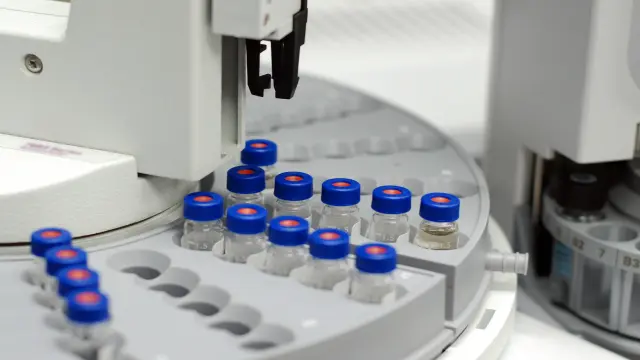What is Drug Metabolism and Pharmacokinetics (DMPK)?
Drug Metabolism and Pharmacokinetics (DMPK): Understanding Dosage, Toxicity, and Therapeutic Index
Drug metabolism and pharmacokinetics, or commonly referred to as DMPK, is a scientific discipline within drug discovery, dealing with safety and efficacy evaluation of drug candidates before entering clinical trials. DMPK studies come along with absorption, distribution, metabolism, excretion, and toxicity analysis (ADMET) of drug candidates. The DMPK discipline is the basis for optimizing compounds so that bioavailability, drug-drug interactions (DDI), and related risks to a drug compound can be evaluated. Assessment of DMPK profiles minimizes the rate of attrition of drug candidates and increases the efficiency of drug discovery overall.
The objective of DMPK studies is to evaluate multiple properties of drugs, such as clearance, distribution volume, half-life, bioavailability, drug-drug interaction, and metabolic profile. Evaluation of CYP, other drug enzymes, transporters, and inhibition and induction minimize the rate of potential DDI liabilities and reduce attrition for lack of efficacy and poor safety profiles. Another benefit of DMPK studies during drug discovery and development is that it allows chemists and analysts to achieve reasonable structural modifications such that pharmacokinetic properties and efficacy of the drug can be improved.






































